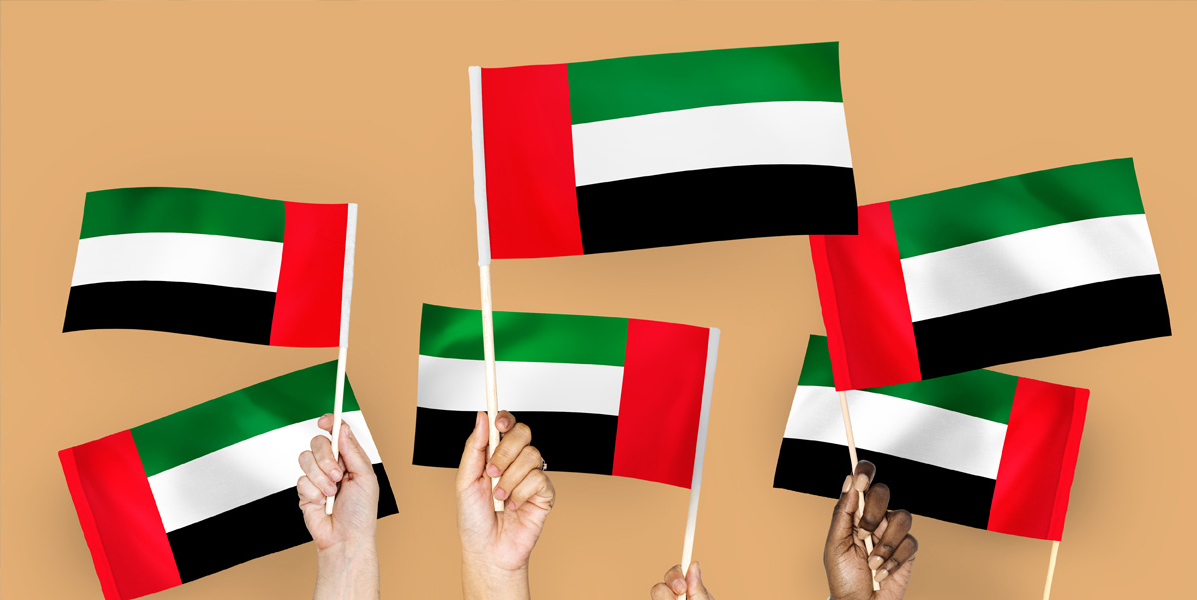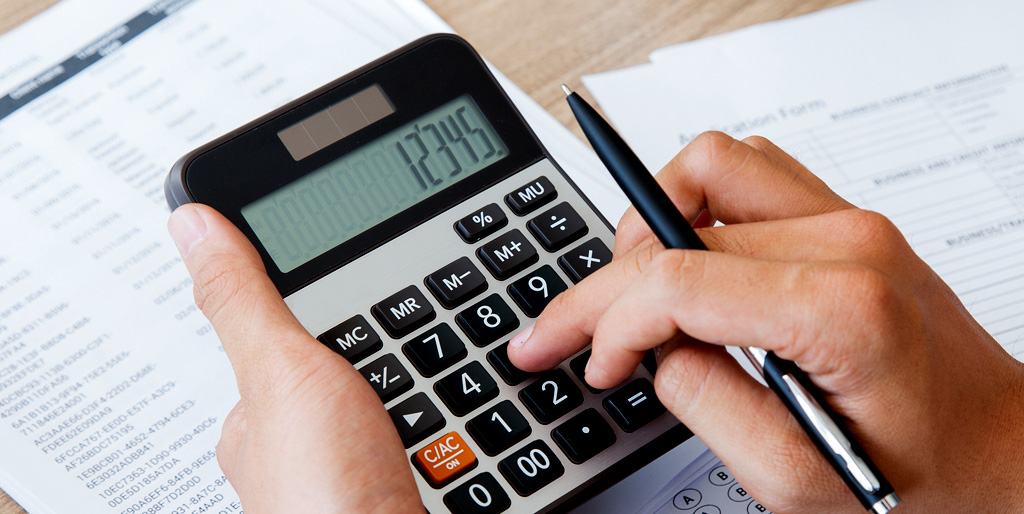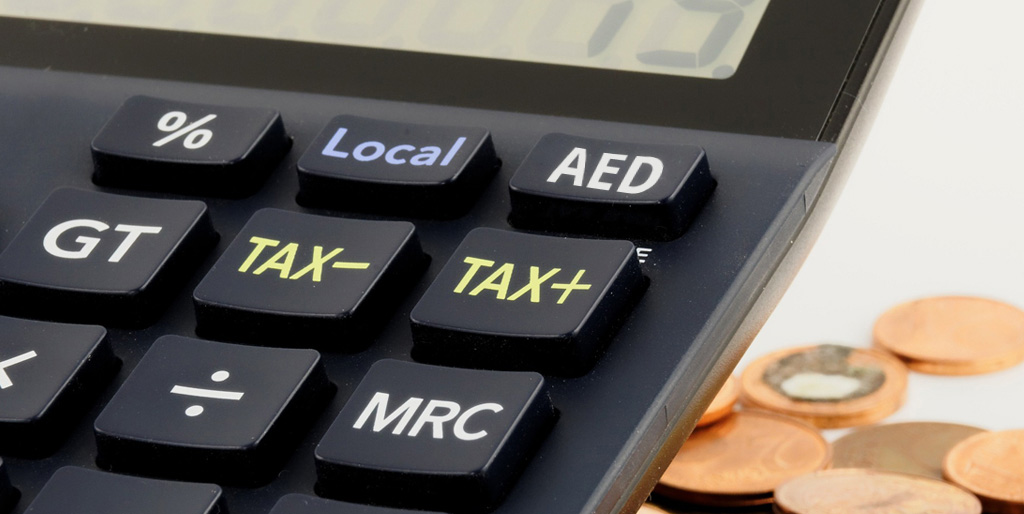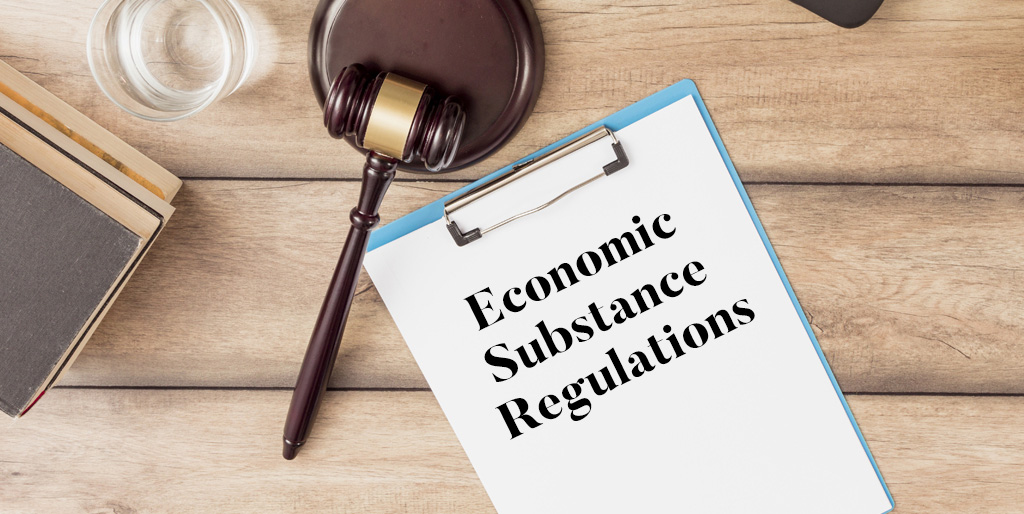TAX SERVICES
COUNTRY BACKGROUND
The United Arab Emirates (“UAE”) is a relatively young country that was established on December 2, 1971. Despite its young age, the UAE has achieved high publicity and international recognition in a fairly quick timeframe thanks to the development of a modern business environment, excellent transportation infrastructure, and tourism-related initiatives.
Unsurprisingly, this has attracted a large influx of foreigners to live and work in the United Arab Emirates.
The majority of the expenditures to finance infrastructure and other government spending has been through a mix of oil revenue, savings, and tax revenues.
However, with the gradual decline in oil prices, the government of the UAE has been studying ways of diversifying its revenue away from oil and towards more sustainable sources.

PRESENT ENVIRONMENT
There are several major taxes currently in effect in the UAE:
First is a Value-Added Taxes (“VAT”) regime from 1 January 2018 that is applicable to most services and goods supplied in the UAE, including imports, at a rate of 5%
Second is Corporate Taxes from 1 June 2023 with a 0% rate on taxable income up to and including AED 375,000 and a 9% rate on taxable income exceeding AED 375,000.
Third is Excise Taxes from 1 October 2017 with a tax rate ranging between 50% to 100% on certain products deemed harmful to human health and the environment, and includes carbonated drinks, tobacco products, e-cigarettes, energy drinks, and certain related items.
In addition, please note of the following:
First, there is a 10% municipality tax on services, food, alcohol, and beverages purchased in hotels and other selected entertainment venues. There is also a tax levied on rental income earned by landlords at the rate of 10% for commercial and 5% for residential.
Second, there is a GCC-wide custom import duty assessed at a rate of 5%. There are exceptions to this rate depending on the origin of the product and the type of product imported.
Third, the government charges a 4% transfer fee for the ownership registration transfer of real estate, whether commercial or residential. This was recently increased from the prior level of 2%. The reason cited by the government was to curb speculation in the real estate industry and is typically borne by the buyer of the property.
Fourth, there exists double-taxation treaties with various countries and a Tax Residence Certificate can be availed to local UAE entities for the purpose of evidencing and complying with the arrangement that exists between the United Arab Emirates and the home country. Local entities may also request a Tax Residence Certificate that are issued by the Ministry of Finance of the United Arab Emirates Government.
HOW WE CAN HELP
Given the significance of the introduction the new tax laws, we have developed a complete service offering in our Tax Department to address the needs of investors, entrepreneurs, and businesses seeking to address their compliance with their tax obligations.
This include tax registration and de-registration services, preparation and filing of returns, compliance advisory audit, and global tax advisory structuring services.
GLOBAL STRUCTURING
Whether you require tax advisory services in a particular country or advice on global transfer pricing, together with our BKR International worldwide member firms we are able to provide clients with cross-border expertise and compliance by leveraging our expertise with member firms around the world to provide clients with the best combination of local knowledge in each jurisdiction of operation, all while having a single local point of contact.
- Publications
- UAE introduces Country-by-Country (“CbC”) Reporting Rules Mar 08, 2020

- VAT In The Uae Aug 05, 2017



















